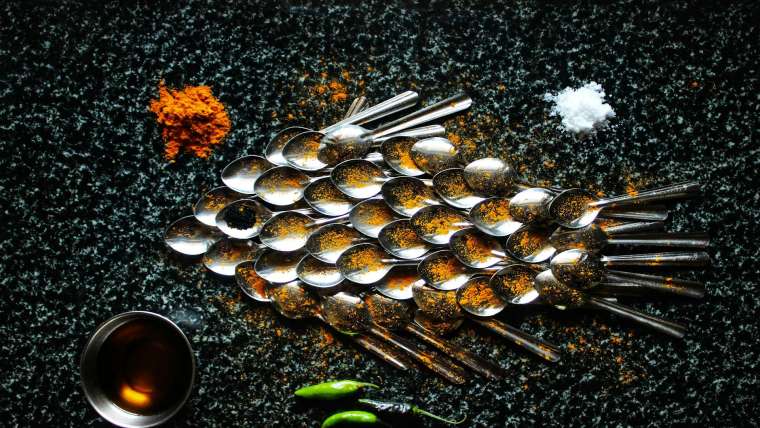From unbearable agony to surprising factors, uncover the truth behind kidney stones and how to prevent them for good.
Table of Contents
What is a Kidney Stone?
Kidney stones are solid mineral and salt deposits that form in the kidneys or urinary tract. These stones can vary in size from a small grain to a golf ball and can cause severe pain as they pass through the urinary tract.
Symptoms of Kidney Stones
The symptoms of kidney stones can include intense pain in the back, side, abdomen, or groin. You may also experience nausea, vomiting, frequent urination, and blood in the urine. If you suspect you have a kidney stone, it is important to seek medical attention promptly.
Causes of Kidney Stones
Kidney stones can form when there is an imbalance in the minerals and salts in your urine. Dehydration, certain medical conditions, and dietary factors can contribute to the formation of kidney stones. Genetics can also play a role in developing kidney stones.
Treatment for Kidney Stones
The treatment for kidney stones depends on the size and location of the stone. Small stones may pass on their own with increased fluid intake and pain medication. Larger stones may require medical intervention, such as lithotripsy or surgery, to break up or remove the stone.
| Myth | Truth |
|---|---|
| Kidney stones are caused by drinking too much water. | Kidney stones are actually formed when there is too much of certain substances in the urine, such as calcium, oxalate, and uric acid. |
| Kidney stones only happen to older adults. | Kidney stones can occur at any age, but they are more common in adults aged 30-60 years old. |
| Only men get kidney stones. | Although men are more likely to develop kidney stones than women, women can still get them. |
| Drinking cranberry juice can dissolve kidney stones. | Cranberry juice may help prevent urinary tract infections, but it does not have any impact on kidney stones. |
| The pain from kidney stones is not that severe. | Kidney stone pain is often described as one of the most painful experiences a person can have, often compared to childbirth. |
Prevention of Kidney Stones
To prevent kidney stones from forming, it is essential to stay hydrated by drinking plenty of water throughout the day. Eating a balanced diet that is low in sodium and oxalate-rich foods can also help prevent the formation of kidney stones. Avoiding excessive amounts of certain foods and drinks, such as red meat, soda, and alcohol, can also reduce your risk of developing kidney stones.
Coping with Kidney Stones
Coping with kidney stones can be challenging, as the pain can be severe and debilitating. It is important to follow your healthcare provider’s recommendations for treatment and to take steps to prevent future kidney stones from forming. Talk to your healthcare provider about any concerns or questions you have about kidney stones and their management.
Frequently Asked Questions
Are kidney stones more common in men or women?
Although men are more likely to develop kidney stones than women, women can also experience kidney stones.
Can drinking cranberry juice help dissolve kidney stones?
Cranberry juice may help prevent urinary tract infections, but it does not have any effect on dissolving kidney stones.
Is surgery the only treatment option for kidney stones?
Surgery is not always necessary for kidney stones. Small stones may pass on their own with increased fluid intake and pain medication.
What are some dietary tips to prevent kidney stones?
To prevent kidney stones, it is recommended to stay hydrated, follow a balanced diet low in sodium, and avoid excessive consumption of oxalate-rich foods, red meat, soda, and alcohol.




